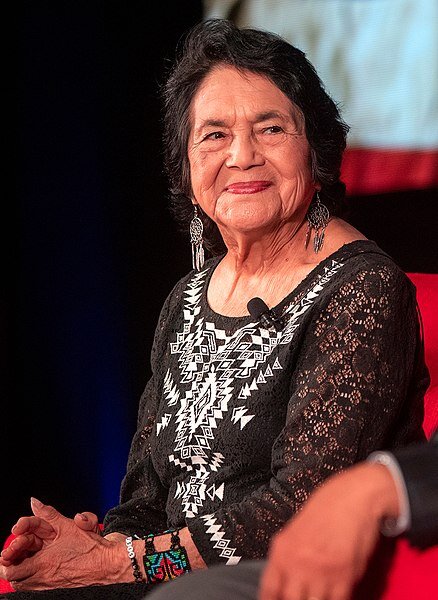Tomorrow, October 10, the United States will celebrate the annual National Angel Food Cake Day. How did this amazing confection, which manages to delight despite containing no butter or oil, come into our world?
Historians agree that the angel food cake is a truly American food, born in the United States. Some question remains, however, about the exact circumstances. An impressive number of angel food cake pan molds, dating to the 1800s, have been found in Pennsylvania Dutch country, fueling speculation that this fat-free dessert was invented there. Others believe that the enormous amount of physical labor involved in creating the batter in a time without electricity means it likely originated in a state with legalized slave labor.
An 1839 recipe published in “The Kentucky Housewife” appears to be the missing link connecting the modern angel food cake to traditional sponge cakes. According to Joy of Cooking, angel food cakes are unique because they contain “no chemical leaveners such as baking powder or baking soda,” which means the “main sources of leavening . . . are air and steam, so the volume of air beaten into the egg whites is of utmost importance (75th Anniversary Edition, p 705).” This means angel food batter is extremely difficult to create by hand.
In 1856, we see the first patent for a rotary egg beater. The idea for a mechanical egg beater continued to be perfected over the ensuing decades, and the 1870 advent of the dual whisk egg beater set the stage for the explosion of the angel food cake in American home cooking. An angel food cake recipe that would be recognizable to modern readers was printed in the New York Times in 1880. We know it was a White House favorite of then-First Lady Lucy Webb Hayes.
While angel food cake has its roots in the adolescent days of our republic, its perfection and widespread popularity were only made possible through the mechanization of home cookery.
Further Exploration










